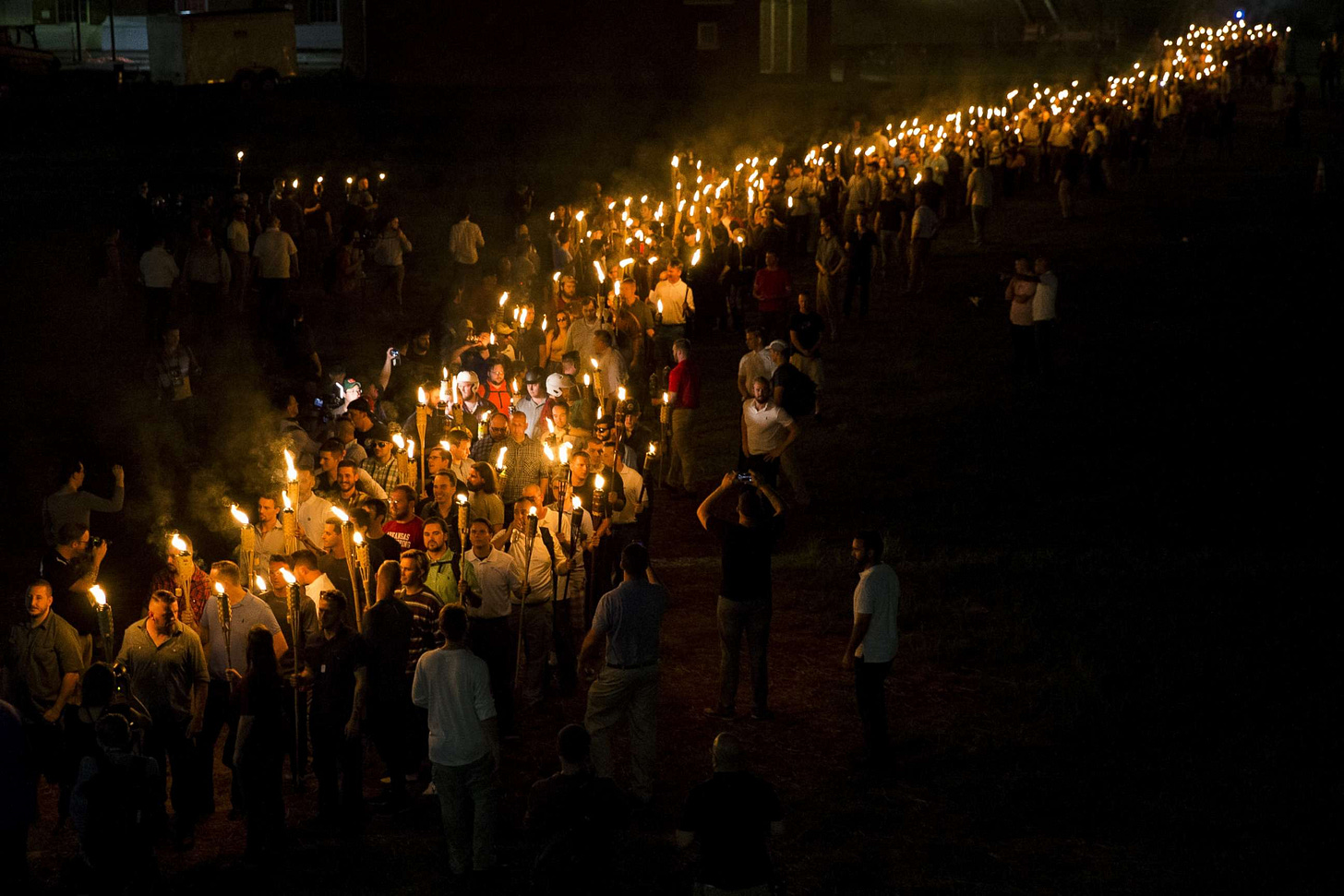The Lie That Will Not Die
Few writers or podcasters have criticized former President Trump more aggressively than I have. I’ve attacked the man in all the usual ways, and in ways that many people find perplexing. I have even compared him unfavorably to Osama bin Laden (for reasons that require more than a few sentences to explain). In response to the controversy over Hunter Biden’s laptop, I said that, given what I think of Trump, I wouldn’t have cared if Hunter had the corpses of children in his basement in those final weeks of the 2020 campaign—which made me the main character on rightwing Twitter/X for several days. While many of the things I’ve said about the former president may appear extreme, I have never said anything about him that I believe to be untrue, and I frequently defend him against the false charges of others.
I do not think that former President Trump is Orange Hitler, but I have little doubt that he and his conspiracy-addled cult pose a threat to our system of government and to many of our most important institutions. The spectacle of a sitting president refusing to commit to a peaceful transfer of power, culminating in an attack on the Capitol, remains the most shocking violation of political norms to occur in my lifetime. And the fact that some Republicans in Congress declined to impeach President Trump because they feared that they or members of their families might be murdered if they did, reveals how deeply Republican politics have been corrupted already.
However, as bad as Trump and Trumpism are, at least one of the most widely believed and damaging criticisms of the former president is based on a lie. I am referring to the allegation that, in the aftermath of the infamous “Unite the Right” rally in Charlottesville, President Trump came to the defense of white supremacists and neo-Nazis, declaring that there were “very fine people on both sides.”


